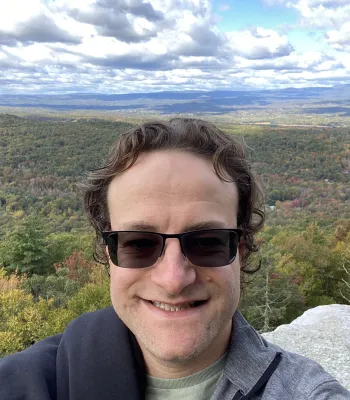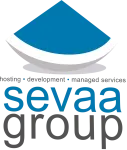As interest in native plants continues to grow among homeowners, the challenge of making botanical information accessible to the public becomes increasingly important. In this session, President and Drupalist, Greg Lowenthal from Acquia, will showcase Long Island Native Plant Initiative (LINPI)'s solution: a Drupal-powered native plant database that also generates interactive signage.
We’ll discuss why LINPI opted for Drupal and the challenges they faced while building this non-profit database, particularly with printable generated signage. Learn how greenhouse visitors can now peruse the signs for easy-to-comprehend plant information and scan QR codes to take that information home for proper planting. From photos and common names to layman-friendly descriptions and plant characteristics, discover how LINPI's Drupal database enhances user experience for native plant gardeners.
Together we will:
- Understand LINPI's rationale for choosing Drupal and the development challenges they encountered
- Explore the implementation of signage and QR code technology, enabling online and offline access to plant information
- Learn how LINPI's Drupal database improves user experience with simplified plant details tailored for amateur gardeners



